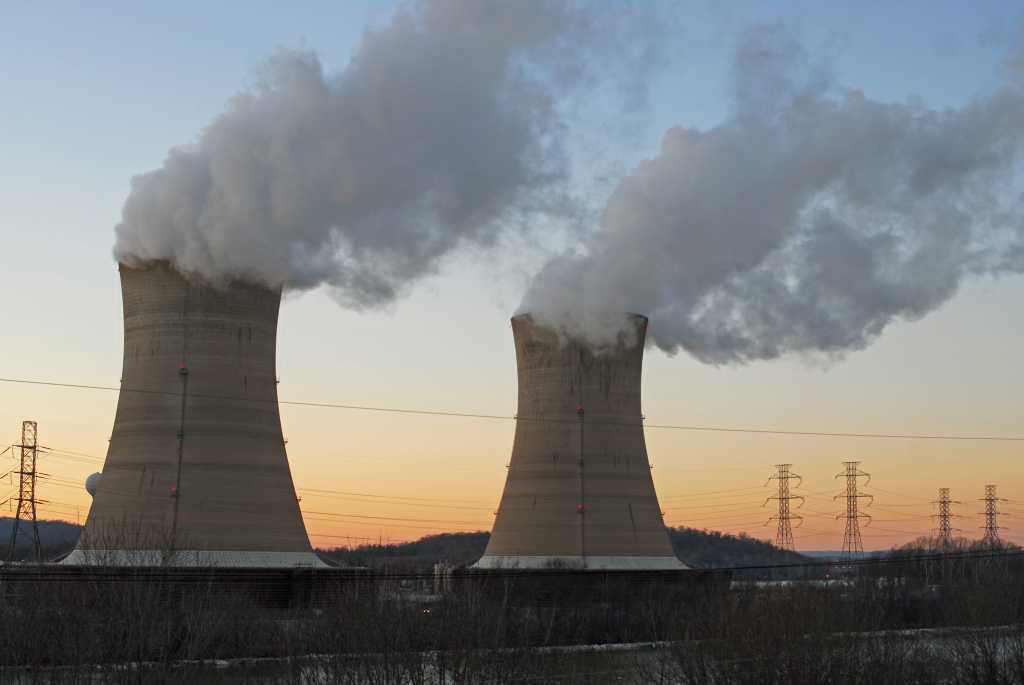Then there’s what might be nuclear power’s biggest problem. The same technology used to make fuel for nuclear plants can be used to make nuclear weapons — and nuclear plants are notably insecure. The Union of Concerned Scientists warns: “The NRC [Nuclear Regulatory Commission] has regularly downplayed the threat of nuclear terrorism, relaxing its requirements for security exercises in response to industry pressure to lower costs.”
GenAI and environmental problems
Use of nuclear power isn’t the only environmental issue posed by the rise of genAI tools and platforms like Microsoft’s Copilot. That’s because genAI requires tremendous amounts of computing power compared to traditional technologies. GenAI first needs to be trained. Once it’s trained, it uses complex calculations to handle each incoming request. That, in turn, requires building massive data centers, which use tremendous amounts of electricity.
Scientific American reports that researchers say OpenAI’s GPT-3, on which Copilot is based, “has 175 billion parameters, consumed 1,287 megawatt hours of electricity and generated 552 tons of carbon dioxide equivalent, the equivalent of 123 gasoline-powered passenger vehicles driven for one year. And that’s just for getting the model ready to launch, before any consumers start using it.”

